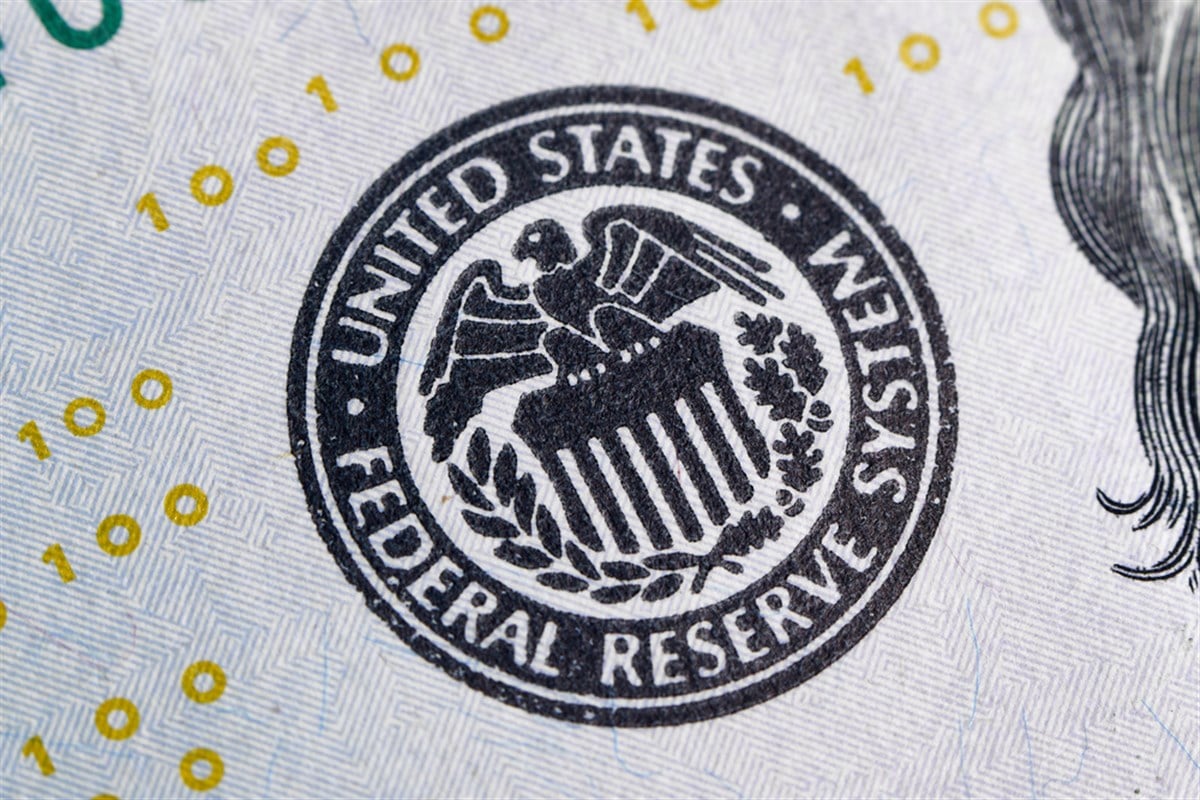
A tried and tested relationship exists between the Federal Reserve's stance and certain types of stocks. Particularly, for reasons that will become obvious in just a bit, small-capitalization stocks do well when the FED takes a dovish stance — another word for cutting rates. A new cycle may come with up to six rate cuts proposed for 2024.
You see, the smaller a company is, the quicker and easier it is to turn around to meet the changing market trends and demands. Large companies have so many moving parts that it is like trying to turn a tanker ship in the middle of an ocean storm; small businesses? Think of a speedboat ripping through a sunny beach shore.
These small-cap stocks will soar now that the economy and the consumer may pivot quickly in the coming months. Names like Hecla Mining Company (NYSE: HL), Udemy Inc. (NASDAQ: UDMY) and even Six Flags Entertainment Corporation (NYSE: SIX) are potentially the best subjects in the matter of a coming rally.
The trend is here
Believe it or not, lower rates unite a similar push-up in the underlying valuations for these stocks; despite being in entirely different sectors and industries, the ties in their fundamental operations can be polished by how analysts and broader markets perceive them.
Lower rates mean cheaper money, stimulating consumer and business spending, driving inflation up or keeping it steady near the FED's 2% targets. What this means for the world of commodities, like silver, is higher prices.
Because Hecla makes its money by selling silver at a higher price than what it costs the firm to mine, that macro dynamic could push profits up in the near term and drive the stock price up.
It is no wonder that analysts have already slapped a $6.40 price target on the stock; that's 32% higher than where it trades today! But wait, there's more; these analysts point to an earnings per share jump of 275% in the next 12 months.
This projection sets Hecla to grow above most of its competitors in the mining sector. Analysts rarely stick their necks out and put their reputation on the line with such a bullish prediction, so this time, the Fed gets its fair share of credit.
Calling the shots
Believe it or not, the exact reason behind Hecla analysts turning bullish could be the same reason behind Udemy's 250% projected rise in EPS for the next twelve months, too; more than that, this stock trades at 94% of its 52-week high, keeping it deep in bullish territory.
Suppose you take the software industry's valuation as an average today, namely its forward price-to-earnings ratio, which seeks to value each company's future earnings. In that case, you land on a 45.8x multiple. Udemy can be bought today for a forward P/E of 250.7x; that's a 447.0% premium to the industry!
Because the company has yet to reach a net profit, a situation that is bound to change in 2024, according to analysts, it needs to have access to capital markets to finance these losses until profitability is reached and sustained.
Because rates will be lower and money cheaper, markets are beginning to turn optimistic about the company's ability to tap into these flexible financing terms coming soon.
Finally, Six Flags is another stock set to boom on expanding financials. Slowing inflation mixed with the upcoming cheaper money will boost disposable income and spending budgets for many American families, making Six Flags a destination for fun without breaking the bank.
Leading the earnings sentiment within consumer discretionary stocks, analysts see EPS growing by 94% for Six Flags in the next 12 months; you can see a similar change in views in stocks like Carnival Corporation (NYSE: CCL) and Norwegian Cruise Line Holdings Ltd. (NYSE: NCLH) due to these same dynamics.
With a $27.6 price target, a 14.1% upside from today's prices doesn't do justice to the potential this stock can give shareholders in the coming months, especially considering it trades 22% below its 52-week high. Returning to 52-week highs is nothing compared to returning to all-time highs of $73.4 a share, nearly triple today's price.
A strong consumer tailwind and flexible financial policy could be the perfect environment for these "speed boats" to rip through the waters, their smaller size enabling them to take advantage of the upside volatility. After all, cheaper stocks tilt the risk/reward scale in your favor better than a big name can.
